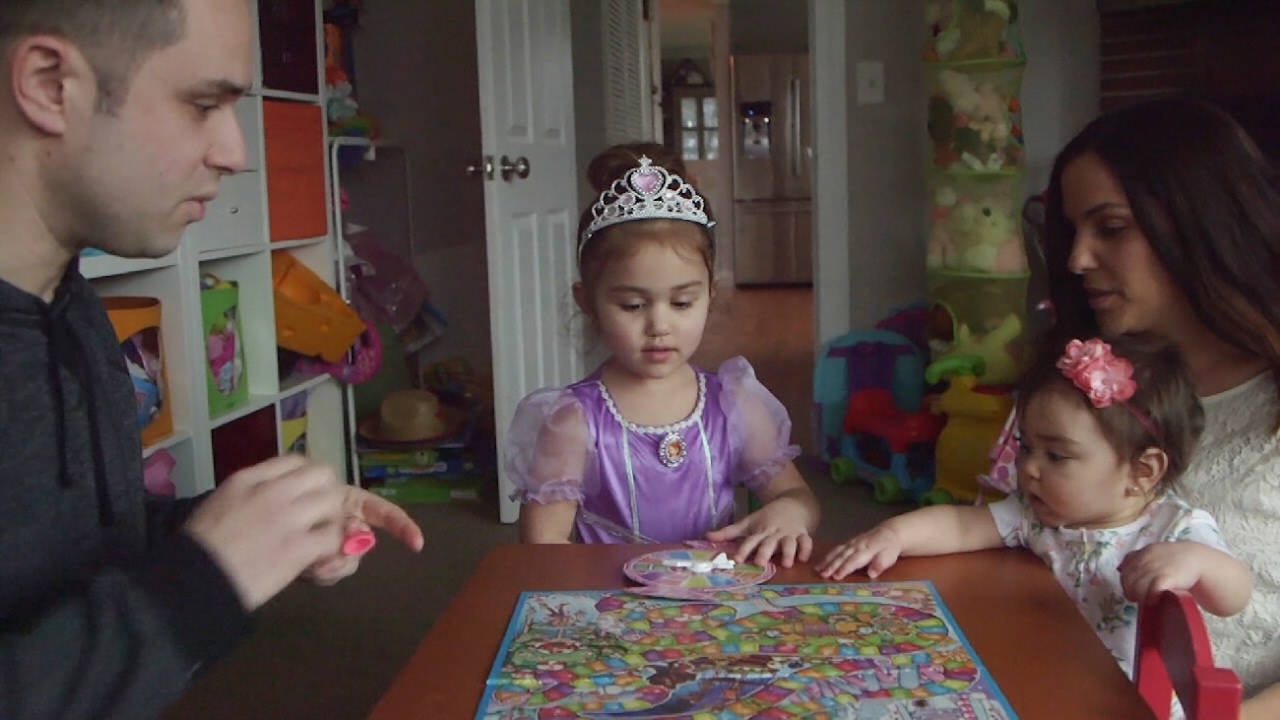Overview of Family Medical Leave in Rhode Island
Family medical leave refers to a period of time off from work that employees can take to care for their own health or that of a family member. In Rhode Island, the Temporary Caregiver Insurance Program (TCI) provides employees with paid family medical leave. This program, administered by the Rhode Island Department of Labor and Training, aims to support working families by offering financial assistance during times of need.
Understanding the Importance of Paid Family Medical Leave
Paid family medical leave is crucial as it allows employees to take time off work to address personal or family health issues without sacrificing their income. It ensures that individuals can prioritize their health and well-being while still being able to support themselves and their loved ones. By offering paid family medical leave, Rhode Island recognizes the significance of work-life balance and the need for employees to be present for their families during critical times.
The Rhode Island Temporary Caregiver Insurance Program
The Rhode Island Temporary Caregiver Insurance Program (TCI) provides employees with up to four weeks of paid leave within a year. It covers various circumstances, including caring for a new child, a seriously ill family member, or an individual’s own health condition. TCI helps alleviate the financial burden that may arise during these periods, allowing employees to focus on their caregiving responsibilities.
Eligibility Criteria for Paid Family Medical Leave
To be eligible for paid family medical leave in Rhode Island, employees must have worked for a covered employer for a minimum of 12 consecutive weeks. The covered employer could be a private, public, or nonprofit organization, provided they employ at least one person. Additionally, individuals must have earned wages during their base period, which is calculated based on the first four of the last five completed calendar quarters from the time of the leave.
How to Apply for Paid Family Medical Leave in Rhode Island
Applying for paid family medical leave in Rhode Island is a straightforward process. Employees need to complete the necessary application, which can be obtained from the Rhode Island Department of Labor and Training’s website. The application requires information about the employee, their employer, and the reason for the leave. It is important to provide accurate and detailed information to ensure a smooth application process.
The Benefits of Paid Family Medical Leave
Paid family medical leave offers numerous benefits to both employees and employers. For employees, it provides financial stability during times of caregiving, reduces stress and anxiety, and promotes a healthy work-life balance. Employers benefit from improved employee morale, increased loyalty, and higher retention rates. Paid family medical leave also contributes to a more inclusive and supportive work environment, fostering employee well-being and productivity.
Duration and Compensation of Paid Family Medical Leave
Rhode Island’s Temporary Caregiver Insurance Program provides up to four weeks of paid leave within a year. During this period, employees can receive partial wage replacement, which is calculated based on their average weekly earnings. The maximum weekly benefit amount is adjusted annually, ensuring that employees receive a fair portion of their wages while on leave. The benefit amount is subject to a percentage cap based on the state’s average weekly wage.
How Paid Family Medical Leave Supports Working Families
Paid family medical leave greatly supports working families by allowing them to prioritize their family’s health and well-being. It enables parents to bond with a new child, provide care for a seriously ill family member, or address their own health concerns. By providing financial assistance during these critical times, paid family medical leave ensures that employees can fulfill their caregiving responsibilities without facing financial hardships.
Job Protection during Paid Family Medical Leave in Rhode Island
Employees who take paid family medical leave in Rhode Island are protected from retaliation or termination by state law. Employers are required to maintain the employee’s health insurance benefits during their leave, just as if they were still actively working. This job protection ensures that employees can return to work without fear of losing their position or benefits.
Employer Responsibilities for Paid Family Medical Leave
Employers in Rhode Island have certain responsibilities when it comes to paid family medical leave. They must inform their employees about their rights and benefits under the Temporary Caregiver Insurance Program. Additionally, employers are required to maintain the employee’s health insurance coverage while on leave and reinstate the employee to their previous position or an equivalent role upon their return. Employers also have the option to offer additional benefits or leave beyond what is required by law.
Frequently Asked Questions about Paid Family Medical Leave
-
Can I take paid family medical leave if I work part-time?
Yes, Rhode Island’s Temporary Caregiver Insurance Program covers part-time employees as long as they meet the eligibility criteria. -
How long does the application process take?
The application process typically takes around 30 days from the date the application is received by the Rhode Island Department of Labor and Training. -
Can I take paid family medical leave for multiple reasons in a year?
Yes, employees can take paid family medical leave for multiple reasons within a year, as long as the total leave duration does not exceed four weeks.
Resources for More Information on Paid Family Medical Leave
For more information on paid family medical leave in Rhode Island, individuals can visit the Rhode Island Department of Labor and Training’s website at [insert website link]. The website provides detailed information about eligibility, benefits, the application process, and frequently asked questions. Additionally, employees can contact the Department directly for further assistance or clarification.





